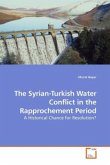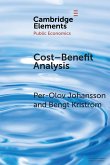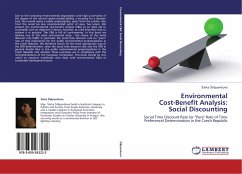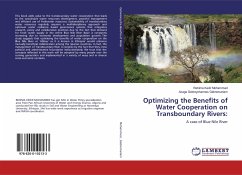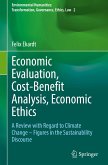This book, which is the revised and improved version of thesis study, argues that Turkey, Syria and Iraq can solve their disagreements about water allocation, if these countries can develop broader cooperation framework comprising other water related development sectors such as energy, agriculture, health, environment industry, trade and transportation. Within this context, the key questions are what is the theoretical framework related to solving water issue, what are the relations and developments among the riparians concerning water problem, can the cooperative cases such as the Nile Basin Initiative and the South African Development Community be example for the cooperative efforts in the Euphrates-Tigris River Basin, how have the political and economic relations developed since the 1990s among the riparian countries of the Euphrates-Tigris river basin? The concept of benefit sharing has been used as an instrumental tool in resolving conflicts among riparians of the Euphrates-Tigris river basin.
Bitte wählen Sie Ihr Anliegen aus.
Rechnungen
Retourenschein anfordern
Bestellstatus
Storno


